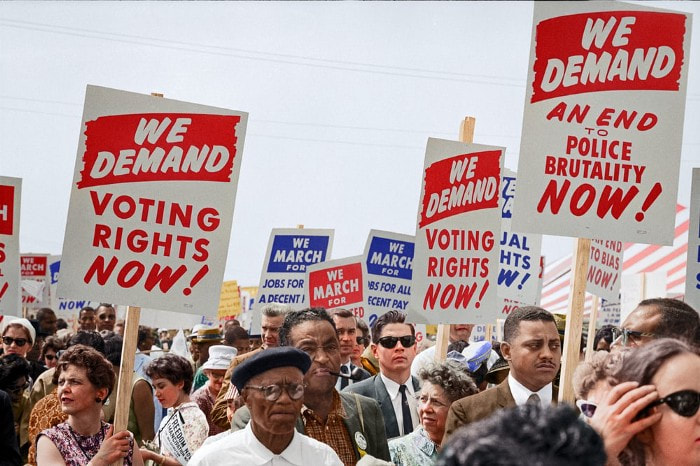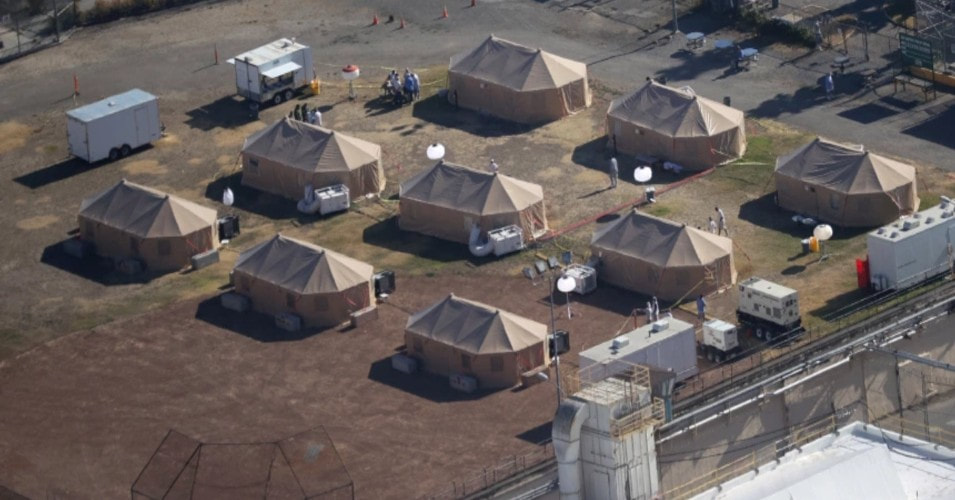|
By Heather Millar
I really couldn’t believe it when my next-door neighbor said it. “I’m selling my house,” she told me a couple weeks ago as we stood on the path between our houses. “They’re going to be taking pictures. I’m wondering — would you mind taking down your ‘Black Lives Matter’ sign when the photographer comes?” By Star Zagofsky I recently watched Whose Vote Counts, Explained, a 3-episode Netflix series about voting that should be required viewing for anyone interested in racial justice. The first episode, “The Right to Vote,” starts things off with a long list of eye-opening facts like how, until the mid 1800s, it was common for non-citizens to vote in US elections. As it turns out, many voting restrictions that seem normal in the US are, in fact, not. Today more than 45 countries permit non-citizens to vote, and in 35 countries either all or most people convicted of felonies can vote, even while in prison. So why is the US different? Originally published in Common Dreams. Author: Ifoma Modibo Kambon (also known as Daryel Burnett, CDCR #B60892). I am a survivor the terrible disease of Covid-19 at Folsom State Prison. I am a survivor of the terrible negligence and deliberate indifference of individuals responsible for my care. This experience reaffirmed for me that our lives simply don’t matter. I am one of the voices and numbers assigned to a cage, a cot, a shelf, in my human warehouse. My legal name is Daryel Burnett. My California Department of Rehabilitation and Corrections (CDCR) number is B60892. My physical body has been imprisoned for 46 years. But my spirit is strong, free, and resilient. I too laugh, smile, feel, care, and love. I hold a profound respect for humanity. I am a father, son, brother, uncle, nephew, and friend. I dare to challenge people outside these walls to see and judge me through a humanistic prism. |
Find articles
All
Browse by date
July 2024
MEDIUM |
© COPYRIGHT 2017-2024 SURJ BAY AREA. ALL RIGHTS RESERVED.





 RSS Feed
RSS Feed